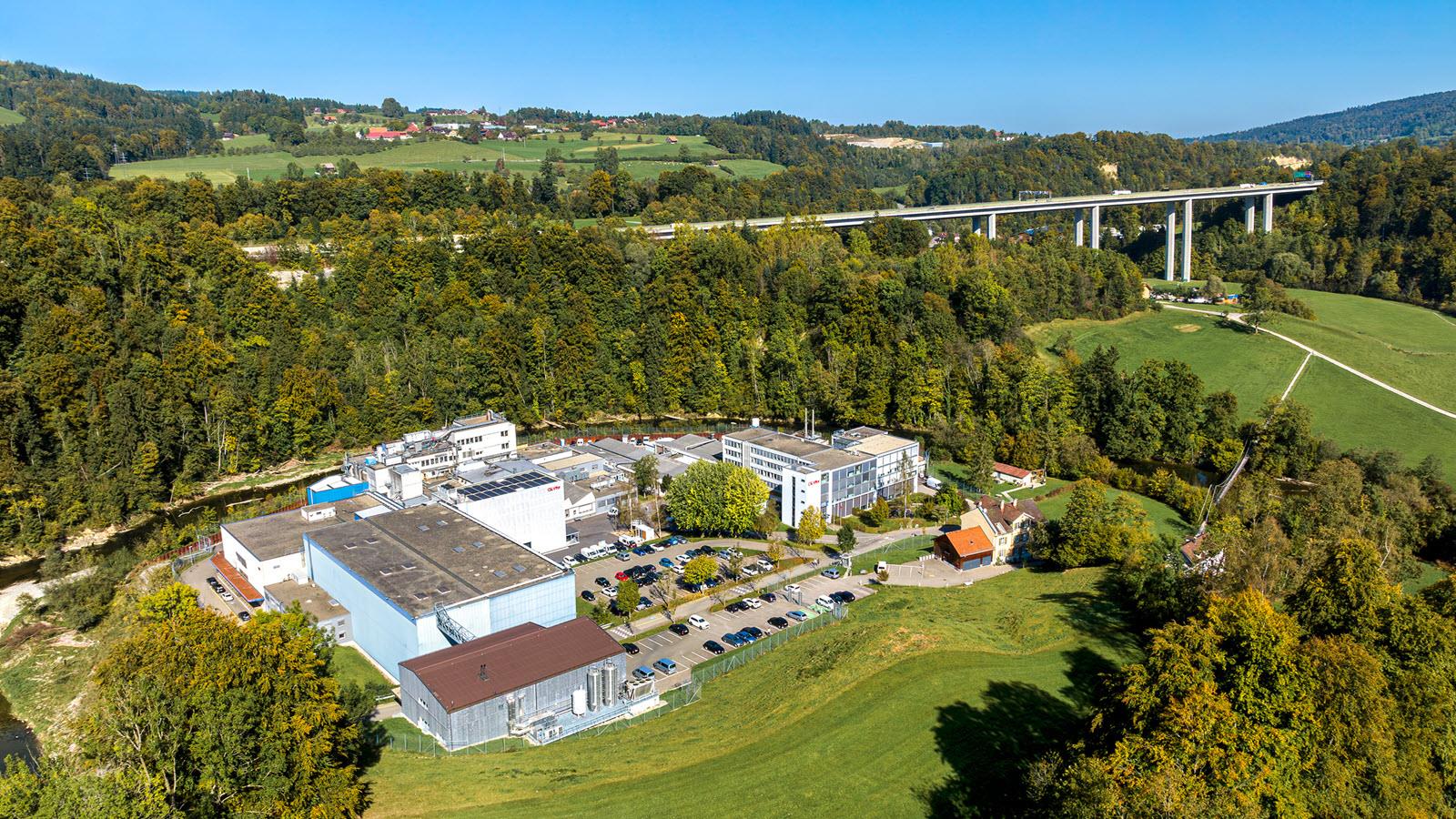In 2022, CSL announced its carbon emissions targets and last year named its first Chief Sustainability Officer. As a business unit of CSL, CSL Vifor is also taking steps to lessen its impact on the environment. We recently asked CSL Vifor’s Jon Valverde and Lukas Lendenmann about production processes and energy conservation.
How is CSL Vifor supporting a sustainable production process?
CSL Vifor’s entire manufacturing process takes place within Europe, a localized approach. Additionally, CSL Vifor in St. Gallen, Switzerland, sources packaging materials for its automatic and manual packaging lines from regional suppliers.
"By choosing packaging materials from local suppliers for our in-house packaging lines, CSL Vifor reduces transportation distances, thus decreasing carbon emissions," said Valverde, who is Senior Manager Customer Operations EU Affiliates.
What’s an example of an energy initiative?
CSL Vifor’s site in St. Gallen captures and utilizes the energy released during production processes through an advanced system of heat pumps and heat exchanges, this energy is repurposed to heat the entire facility. The main heat pump recovers waste heat from our cooling facility to heat the buildings. In summertime, the heat pump can be used as a cooling machine to cover higher cooling demands.
With this measure, the manufacturing site at St. Gallen reduced the direct energy for heating buildings by over 85% compared to the years prior to this installation even as the footprint of the facility expanded. The remaining energy for heating will be produced using natural gas.
An additional innovation is at work at one of the newest buildings at the St. Gallen site, where iron chloride is produced – one of CSL Vifor’s most important raw materials. At this building, a special heat recovery system stores waste heat from the exothermic chemical reaction in a buffer tank and uses the same heat to start up the next production process.
"This sustainable approach not only minimizes waste but also ensures optimal energy utilization for more sustainable practices in the production of iron-based medicines," said Lendenmann, Head of Engineering.
What are some future ambitions regarding sustainability?
CSL Vifor is aligned with CSL’s sustainability pillars. In addition to reducing environmental impacts across operations, CSL also is focusing on social sustainability.



